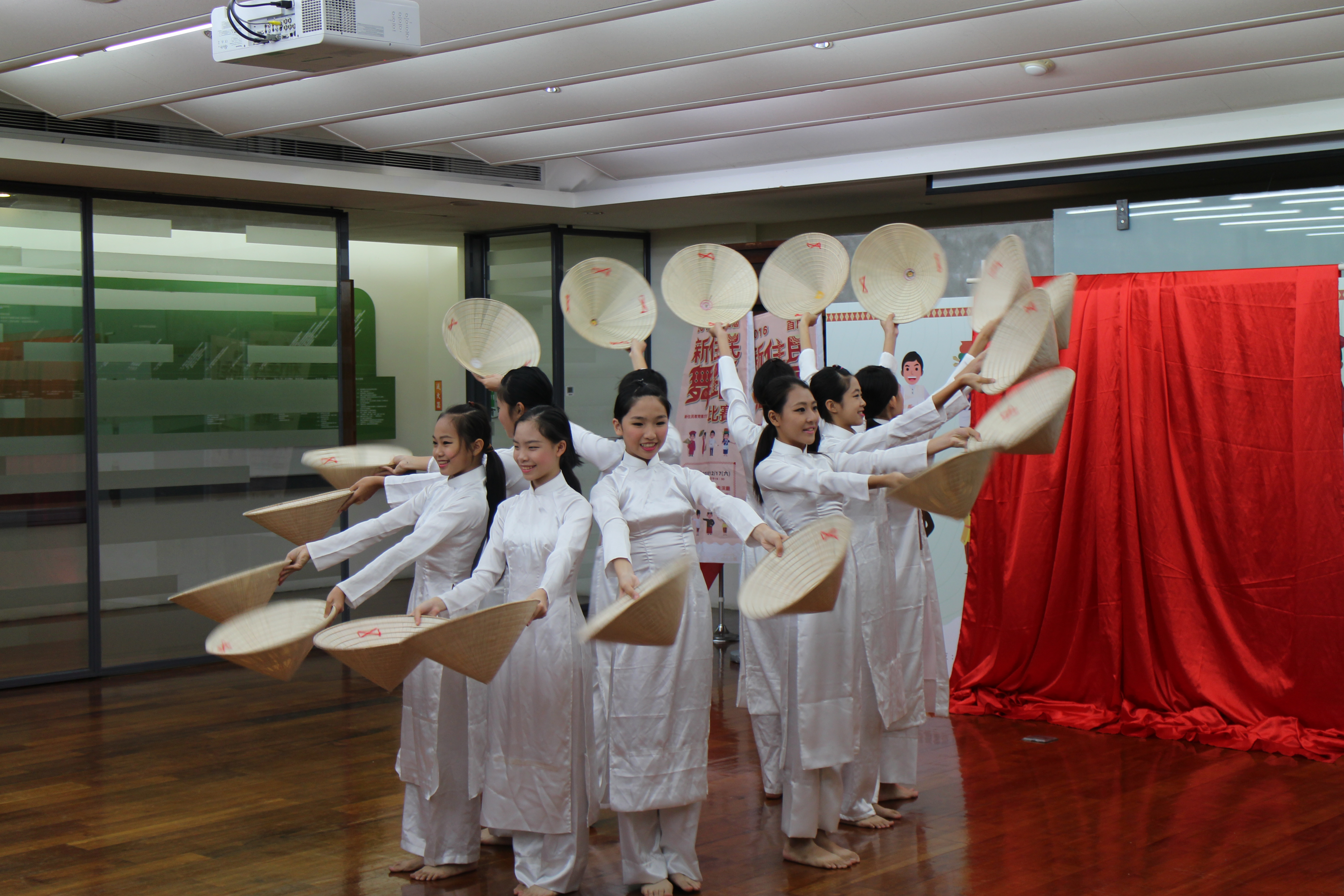The MOE Holds the First New Residents Dance Competition
Date:

The MOE has launched a Skills Development Promotion Program as part of its New Southbound Policy, and this has three core goals: people-centeredness, bilateral exchanges, and resource sharing. As well as optimizing its current related policies and measures, the MOE is planning a series of innovative programs featuring new ideas. This year the MOE is integrating the educational resources in Taiwan and promoting a New Residents Education and Skills Celebration Program, in cooperation with schools and local communities. It will provide opportunities for new immigrants and their families to learn about one another’s diverse cultures within their own local communities. The planned series of activities will help new residents and their children to make full use of their talents and to blend into Taiwan’s society.
Participants from countries including Gabon in Africa, Indonesia, Malaysia, Singapore, Thailand, and Vietnam displayed some of their country’s traditional dancing, thereby sharing one aspect of the richness of their different cultures. And this first New Immigrants Dancing Competition was just a beginning. We firmly believe that exchanges of traditional arts and cultures will help to speed up the integration of recently arrived immigrants into their new home in Taiwan, and help people in Taiwan learn to appreciate and enjoy the rich cultures of new residents’ home countries.